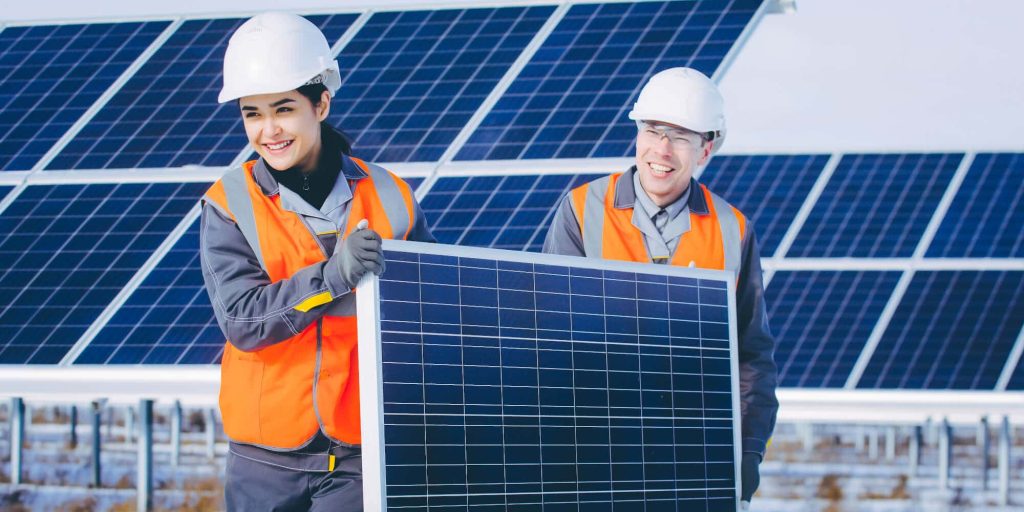Determine If Your Property Is A Good Candidate For Solar Energy
As the world shifts towards renewable sources of energy solar power has become a popular option for many homeowners and businesses alike. Solar panels can help reduce electricity bills, lower carbon emissions and increase the value of your property. However, not all properties are suitable for solar energy. Here’s how to determine if your property is a good candidate for Winki Solar.
Assess Your Roof’s Condition:
The first step in determining if your property is suitable for solar energy is to assess the condition of your roof. Solar panels require a sturdy and durable roof to support their weight and withstand harsh weather conditions. If your roof is old, damaged or needs repairs it may not be the best candidate for solar energy. A professional solar contractor can assess your roof’s condition and advise you on whether it needs repairs before installing solar panels.
Check Your Roof’s Orientation and Angle
The orientation and angle of your roof are crucial factors that determine the efficiency of your solar panels. For optimal performance, solar panels need to face south and have an angle of 30 to 45 degrees. If your roof faces east or west it may still be suitable for solar energy but the panels will produce less energy. If your roof has a flat angle you may need to install tilt racks to achieve the optimal angle.
Determine Your Property’s Sun Exposure

The amount of sun exposure your property receives is another critical factor in determining if it is a good candidate for solar energy. Winki Solar energy panels require direct sunlight to produce energy efficiently. If your property is shaded by trees, buildings or other structures it may not receive enough sunlight to power your solar panels.
Consider Your Energy Needs
The amount of energy your property needs is another factor to consider when determining if it is a good candidate for solar energy so if your property consumes a significant amount of energy solar panels may be a good investment as they can help reduce your electricity bills and save you money in the long run. However, if your energy needs are minimal solar panels may not be cost-effective.
Check Your Local Solar Incentives and Policies
It’s essential to check your local solar incentives and policies when determining if your property is a good candidate for solar energy because many states and municipalities offer tax credits, rebates and other incentives for installing solar panels. Also, some utility companies offer net metering programs which allow you to sell excess energy back to the grid, these incentives can help offset the cost of installing solar panels and make them a more cost-effective option for your property.



